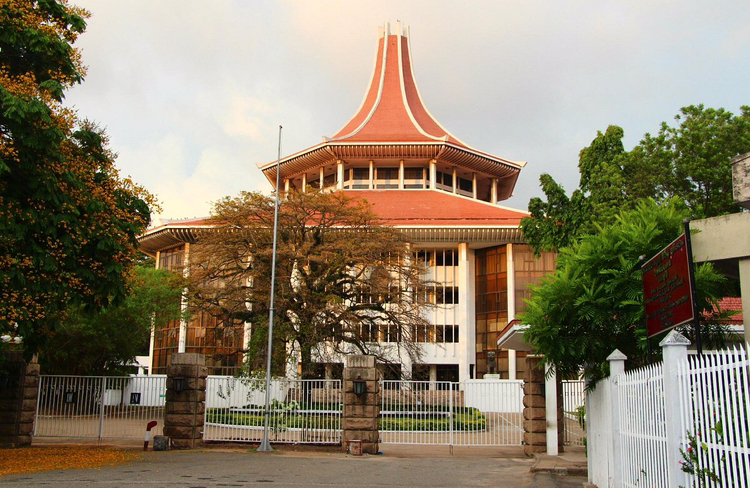In a landmark judgment pertaining to the scope of the Right to Information Act (RTI Act), the Court of Appeal today held that the provisions of the RTI Act are also applicable to the Members of Parliament with respect to the Declaration of Assets and Liabilities Law.
The Court of Appeal held that the RTI Act should prevail over the provisions of the Declaration of Assets and Liabilities Law, enabling people to know the names of the Members of Parliament who have tendered their declaration of assets and liabilities.
The Court of Appeal’s two-judge bench, comprising Justices Sampath Abayakoon and P. Kumararatnam, upheld the Right to Information Commission’s decision that the information requested by a journalist regarding the names of parliamentarians who have tendered their asset declarations should be released to him.
Justice Abeykoon held that providing the list of names of the Members of Parliament who have tendered their declarations of assets and liabilities as required by law is not disclosing the information they have provided in the declarations.
“Members of Parliament are persons elected by the people and maintained by the people.” They are expected to abide by the country’s laws at all times and provide examples for others to follow. “Under the provisions of the Declaration of Assets and Liabilities Law, any person who comes under the provisions of the Law and fails to provide the relevant declaration of assets and liabilities as required would be committing an offence punishable with a fine or imprisonment of either description or both such a fine and imprisonment,” Justice Abeykoon observed.
The Court of Appeal delivered this judgment pursuant to an application filed by the Secretary General of Parliament challenging the Right to Information Commission’s decision that the information requested by journalist Chamara Sampath should be released to him.
The journalist Chamara Sampath by his letter dated 21-06-2018 had requested the Information Officer of the Parliament that he be provided with a list of names of members of Parliament who have handed over their respective declarations of assets and liabilities in 2018. The Information Officer, in his letter dated August 21, 2018, has refused the request on the basis that he has to make an application in terms of the Declaration of Assets and Liabilities Act of Act No. 1 of 1975 to the Speaker of Parliament, which is a separate Act that governs the declarations of the Members of Parliament.
The journalist, aggrieved by the decision of the designated officer, has appealed to the Commission in terms of Section 32 of the RTI Act, challenging the decision.
Mahen Gopellawa, SDSG, and Avanthi Perera, DSG, appeared for the Secretary General of Parliament. Counsel Thishya Weerragoda, with S. Wimalaratne instructed by Niluka Dissanayake, appeared for the journalist. Counsel Himali Kularatne and Jayani Ellepola appeared for the Right to Information Commission.





